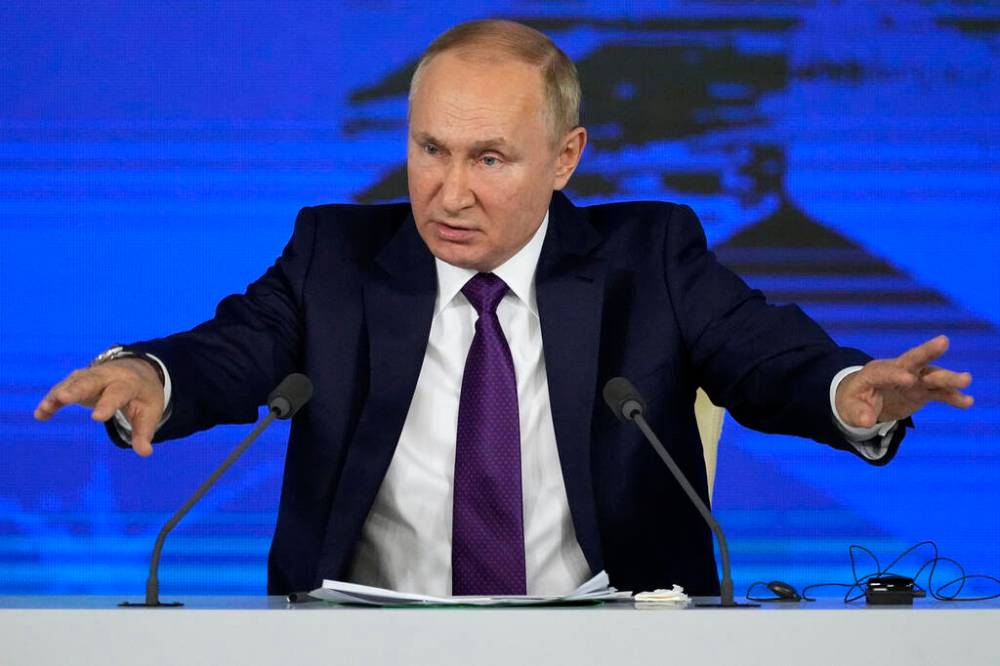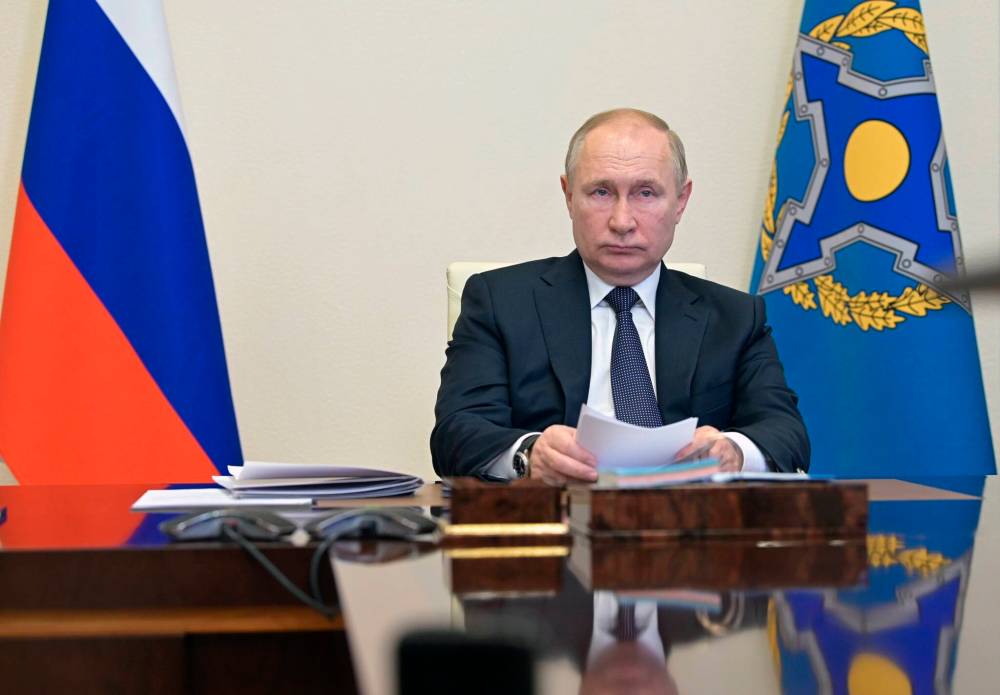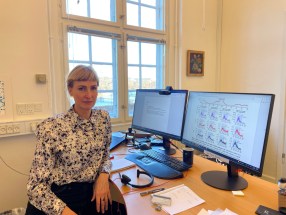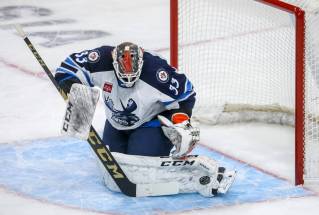West has no need to appease Putin
Read this article for free:
or
Already have an account? Log in here »
To continue reading, please subscribe:
Monthly Digital Subscription
$0 for the first 4 weeks*
- Enjoy unlimited reading on winnipegfreepress.com
- Read the E-Edition, our digital replica newspaper
- Access News Break, our award-winning app
- Play interactive puzzles
*No charge for 4 weeks then price increases to the regular rate of $19.00 plus GST every four weeks. Offer available to new and qualified returning subscribers only. Cancel any time.
Monthly Digital Subscription
$4.75/week*
- Enjoy unlimited reading on winnipegfreepress.com
- Read the E-Edition, our digital replica newspaper
- Access News Break, our award-winning app
- Play interactive puzzles
*Billed as $19 plus GST every four weeks. Cancel any time.
To continue reading, please subscribe:
Add Free Press access to your Brandon Sun subscription for only an additional
$1 for the first 4 weeks*
*Your next subscription payment will increase by $1.00 and you will be charged $16.99 plus GST for four weeks. After four weeks, your payment will increase to $23.99 plus GST every four weeks.
Read unlimited articles for free today:
or
Already have an account? Log in here »
Hey there, time traveller!
This article was published 10/01/2022 (1432 days ago), so information in it may no longer be current.
Russia and the Western powers have kicked off a round of diplomatic talks revolving around Russia’s continuing aggression against Ukraine and its wish to stop Ukraine from joining the North Atlantic Treaty Organization. The purpose of these talks is far from clear, but they may persuade Russian President Vladimir Putin not to go to war.
Canada and its allies should concede nothing to Russia in these negotiations. Though Mr. Putin talks big and makes extravagant demands, he is in no position to threaten Ukraine or the member countries of NATO.
He annexed Crimea by military occupation in 2014, triggering economic sanctions by western governments, which provoked a flight of capital and a sharp drop in the value of the ruble. Still today, lenders demand 8.4 per cent interest on Russian government bonds while the bonds of most industrial countries pay interest of one per cent or less. Russia is having a terrible pandemic, with only half of its people fully vaccinated.

Mr. Putin had not finished putting down a popular revolt in neighbouring Belarus when he had to send troops to suppress an uprising in Kazakhstan, another ex-Soviet state still under Russian domination.
Abundant reserves of coal, oil and natural gas keep Russia in business for the time being, but a worldwide shift away from fossil fuels, if it happens, will set severe limits to Russia’s economic growth potential.
A worldwide shift away from fossil fuels, if it happens, will set severe limits to Russia’s economic growth potential.
While shifting military resources close to the Ukraine border, Mr. Putin has been pretending to dictate terms to the United States and NATO. He demanded that NATO undertake not to admit any more countries to its ranks and not to conduct military exercises close to Russian territory. The NATO council flatly rejected these demands last week.
Western governments are wise to meet Mr. Putin’s diplomats as they are doing this week in the NATO-Russia Council and in the Organization for Security and Co-operation in Europe, the agency that monitors day-by-day the Russian-backed insurgent forces in eastern Ukraine. They should miss no opportunity to make it plain to the Russian government that invasion of Ukraine would cut Russia off from the financial markets that keep its economy afloat.
As Ukraine matures into a well-ordered market economy with efficient professional military forces, it could become a candidate for membership in the European Union and eventually in NATO. That time is not close, but NATO would be crazy to let Russia dictate the pace of the alliance’s expansion.
Western governments should not go into these talks aiming to make Mr. Putin happy. They should find out what they can about his intentions, though his announced plan to tie NATO in knots is absurdly unrealistic and scarcely worth discussing.
Mr. Putin pretends to feel threatened because several ex-Soviet states, including Poland and the Baltic states, joined NATO.
Mr. Putin pretends to feel threatened because several ex-Soviet states, including Poland and the Baltic states, joined NATO. They did that after long and bitter experience within the Soviet empire, which they could not wait to leave as the Soviet Union collapsed.
Having learned nothing from that experience, Mr. Putin is now abusing Ukraine with annexation and low-level warfare that Ukraine’s people will not soon forget. What else could he do to make Ukrainians long for the day when they can shelter under the NATO security guarantee and make Mr. Putin leave them in peace? NATO cannot expect to save him from his own folly.











